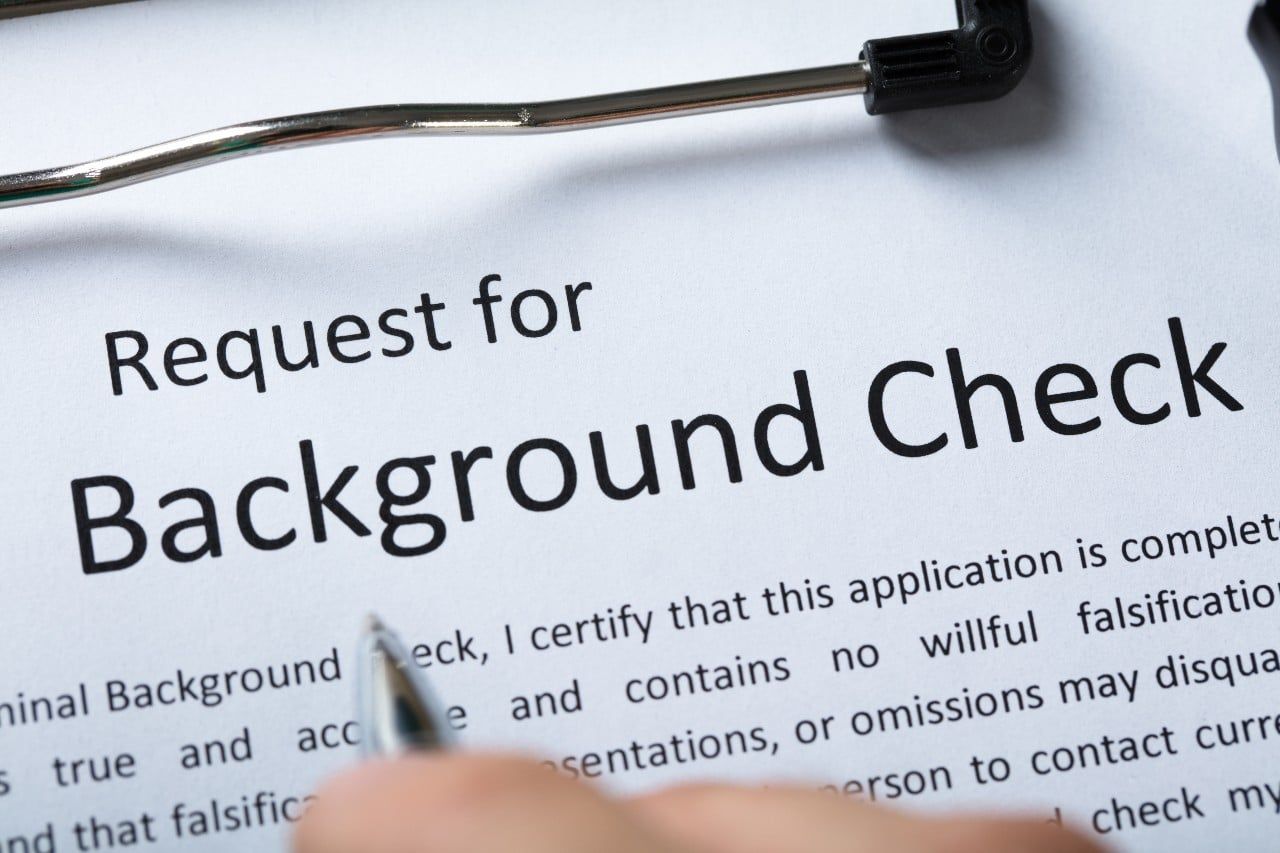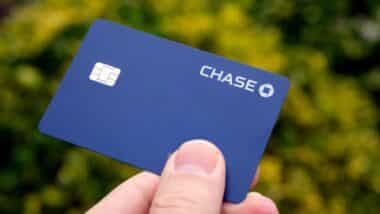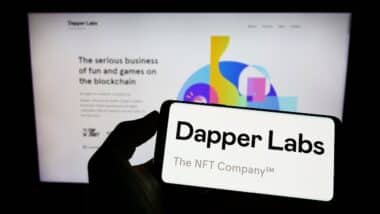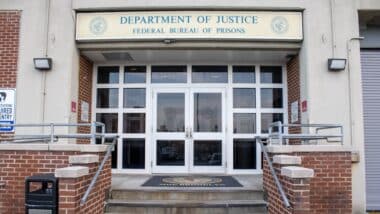 Wells Fargo has been accused of making unwanted cell phone calls that violate the Telephone Consumer Protection Act. Many of the victims of these unwanted cell phone calls say that they have been called by an auto dialer by Wells Fargo on a cell phone, even though they had no previous business or connection to Wells Fargo.
Wells Fargo has been accused of making unwanted cell phone calls that violate the Telephone Consumer Protection Act. Many of the victims of these unwanted cell phone calls say that they have been called by an auto dialer by Wells Fargo on a cell phone, even though they had no previous business or connection to Wells Fargo.
Robocalls from Wells Fargo can be particularly frustrating for consumers who had no prior connection to Wells Fargo and are not able to ask that the calls discontinue due to the use of an auto dialer or pre-recorded voice on the line when they connect to the call.
The Telephone Consumer Protection Act protects consumers among other things from unwanted cell phone calls made by companies. The act prohibits telemarketers as well as debt collectors from using pre-recorded voice messages or automatic dialing systems to contact consumers without the consent of the consumer.
Unfortunately, despite the fact the TCPA has been active for some period of time, the unwanted cell phone calls have continued. Some consumers argue that Wells Fargo regularly uses these unwanted cell phone calls in an obvious violation of the TCPA’s protections.
Robocalls are unwanted cell phone calls made using software or equipment that automatically dials a person’s phone number. Some of the easiest ways to spot unwanted cell phone calls that could be classified as robocalls include artificial voices, pre-recorded voices, periods of silence before a live person comes on the line after the calls has been connected, or calls that hang up as soon as the called person answers.
Many different Wells Fargo business lines have allegedly been connected with unwanted cell phone calls, including communication related to checking and savings accounts, home loans, student loans, and auto loans.
All unwanted cell phone calls that violate the TCPA could enable a victim to recover compensation through a TCPA settlement. The TCPA was originally passed in 1991 in order to further protect the privacy and tranquility of a person’s home.
It is important that anyone who has received these unwanted cell phone calls from Wells Fargo to document evidence of a possible TCPA violation. This can include requesting the caller’s name and contact details and generating a written record of the call.
Any call logs, cell phone bills and text messages should be saved, as well as any voicemails that could have come from telemarketers or auto dialers who violated the law. Some consumers go the extra step of sending a letter or an email to the company to ask that the communication be discontinued.
If Wells Fargo continues to reach out with unwanted cell phone calls despite a request to stop, the called person may have a claim. Participating in a Wells Fargo class action lawsuit investigation could be the next step.
Join a Free Wells Fargo Unwanted Cell Phone Calls Class Action Lawsuit Investigation
If you received an unwanted cell phone call from Wells Fargo, even though you have no prior affiliation with that bank, you may qualify to join a Wells Fargo unwanted cell phone calls class action investigation.
ATTORNEY ADVERTISING
Top Class Actions is a Proud Member of the American Bar Association
LEGAL INFORMATION IS NOT LEGAL ADVICE
Top Class Actions Legal Statement
©2008 – 2025 Top Class Actions® LLC
Various Trademarks held by their respective owners
This website is not intended for viewing or usage by European Union citizens.















23 thoughts onConsumers Report Unwanted Cell Phone Calls from Wells Fargo
Please add me thank you
Please add me